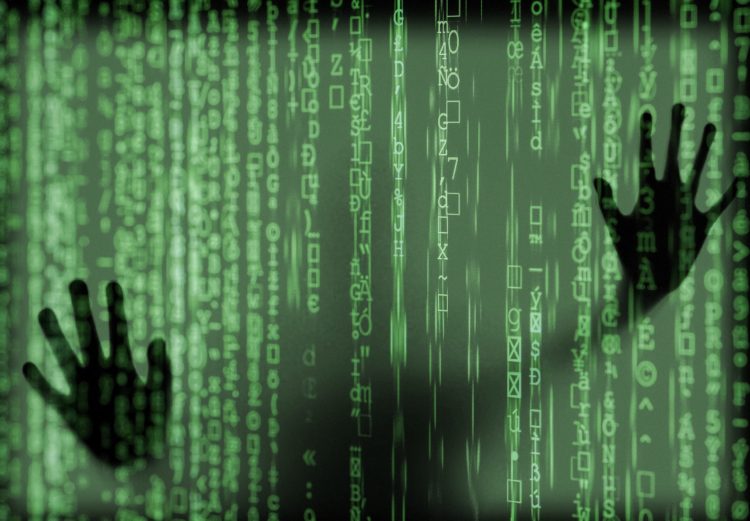The Ministry of Digital Development and Information (MDDI) of Singapore proposed a ban on deepfakes and other digitally manipulated candidates' content during the election period from the issuance of the writ of election until polling closes.
The Elections (Integrity of Online Advertising) (Amendment) Bill targets to penalise publishing or sharing AI-generated misinformation that can significantly compromise electoral outcomes, emphasising the potential harm of such manipulative tactics.
Serious issue

Boris Cipot, senior security engineer of Synopsys Software Integrity Group, said the bill aims to address a serious issue, adding that AI-generated deep fakes "can sway a viewer into believing false information."
"Deepfake videos have been showcased several times to show how they can mislead the public. Popular deepfake videos of Barack Obama from 2018 and Nancy Pelosi from 2019 both showcase what this technique of video editing is capable of and how realistic videos created by AI can influence the public's thoughts," Cipot said.
Proactive move
"Singapore's proposal to ban deepfakes of candidates during elections is a proactive move, aligning with its broader strategy to protect the integrity of its democratic processes and prevent misinformation," said Abhishek Kumar Singh, head of Security Engineering, Singapore, Check Point Software Technologies.
"Singapore's emphasis on cybersecurity and digital literacy, along with its clear regulatory measures, places it at the forefront of countries combating the misuse of AI-driven technology in politics," added Singh.




